For 1990-2009 cars only
Proper frame alignment is critical in order to ensure normal life and function of many parts on the vehicle. If the vehicle is involved in a fire, a collision, or has been overloaded, inspect the frame alignment. If for any other reason alignment is suspected, the alignment should be checked.
It is possible that certain conditions make the frame appear to be out of alignment when, in fact, the frame is not. Refer to Alignment Checking - Upper Body
The terms used in this section are briefly defined below:
Section Modulus: A measure of the strength of a frame based on height, width, thickness, and the shape of the side rails. It does not account for the strength of the material used in the frame.Yield Strength: A measure of the strength of the material from which the frame is made. This is the maximum load that can be placed on a material and still have the material return to its original shape. Yield strength is measured in Kpa (psi).
Resistance to Bending Moment (RBM): A single measure of the frame strength that accounts for both section modulus and the strength of the material used.
Collapse:
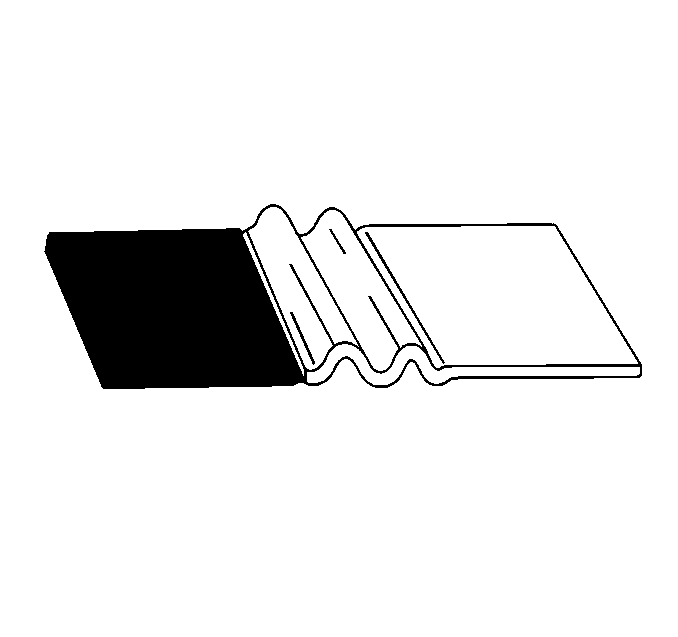
The condition that occurs when buckles appear on more than one surface of the box section of the side rail, or when a section of the underbody has been shortened in length.
Diamond:
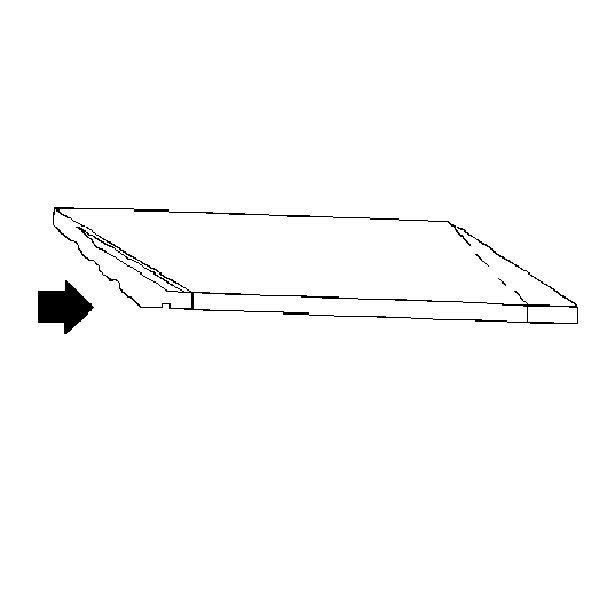
The condition where one side of the frame is moved forward or rearward causing the frame structure to be out of square.
Sag:
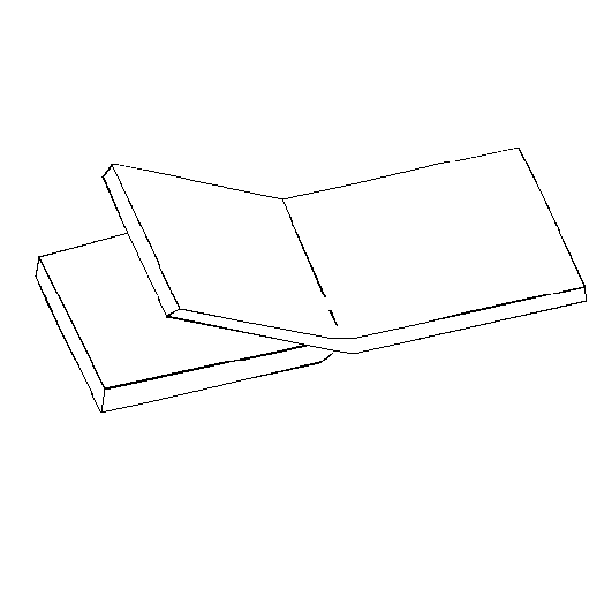
A vertical misalignment that results in an incorrect datum line. When both sides are equally misaligned, this condition is known as kick-up.
Sidesway:
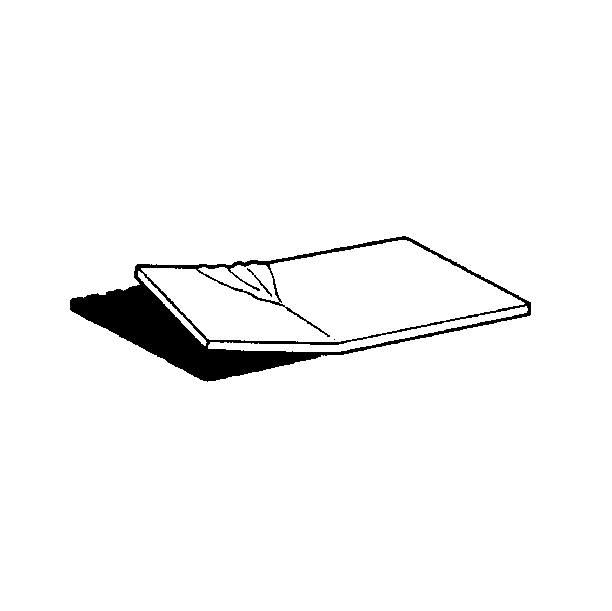
A section of the frame that is positioned to the left or the right of the centerline when compared to the rest of the vehicle.
Tracking: The alignment of the vehicle axles with each other. A misaligned frame may cause improper tracking. If the vehicle is tracking correctly, all axles are parallel to each other and perpendicular to the centerline of the frame.
Twist:
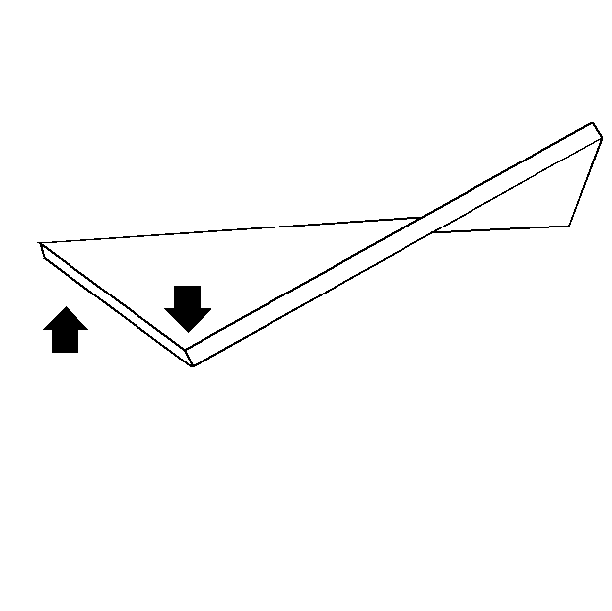
The condition where the sides of the underbody plane (datum) are not parallel. One rail slopes up while the other rail slopes down.
Web: The vertical part of a channel-type frame rail.
Datum: The plane of the underbody of the frame from which all vertical measurements originate.
Tram Length: The measurements that are two dimensional and parallel to the datum line.
